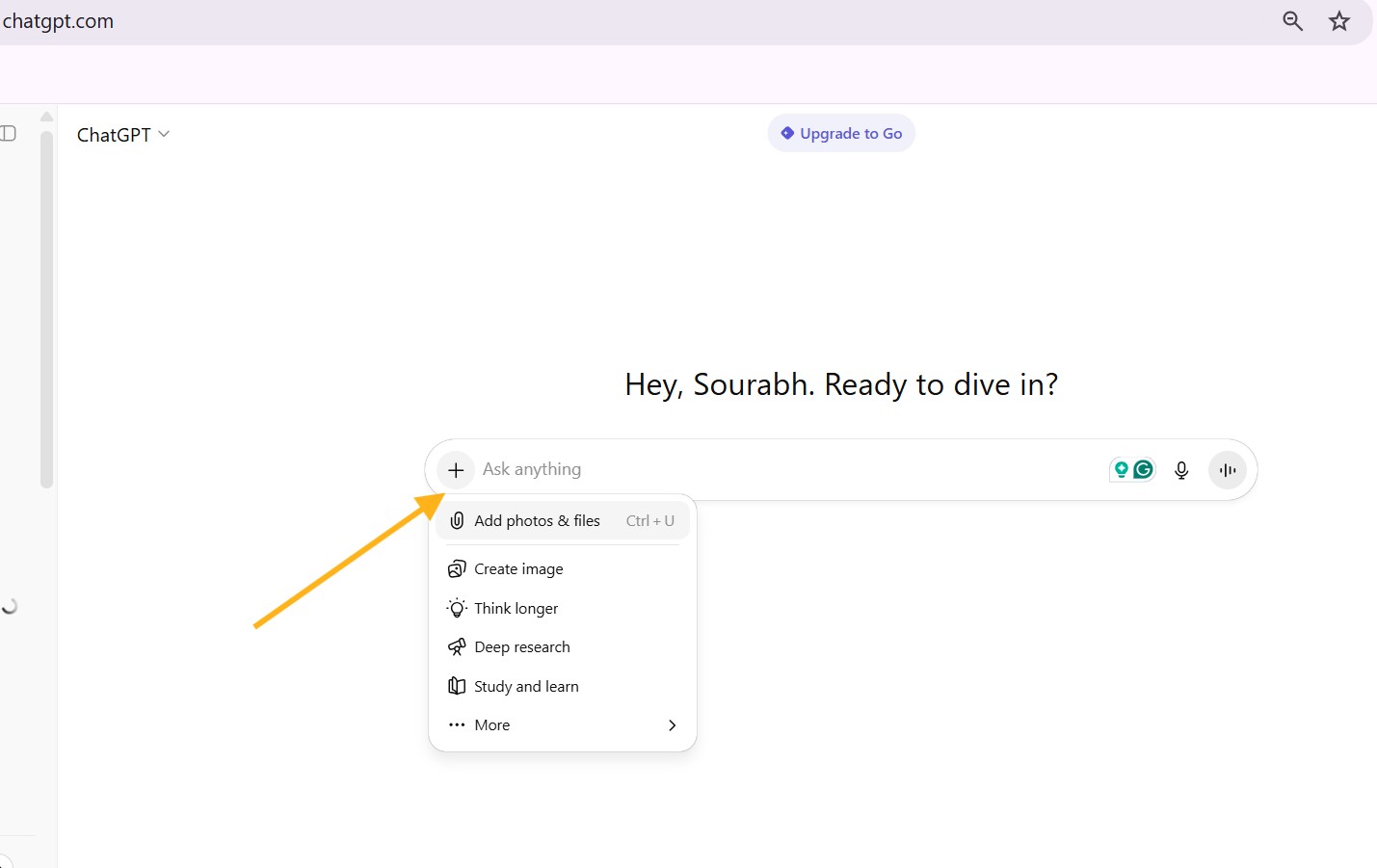
In the digital age, where information is readily available and content creation is a constant endeavor, artificial intelligence (AI) has emerged as a game-changer. One of its notable applications is in generating written content, often driven by prompts. However, amidst this technological evolution, the importance of context in writing prompts cannot be overstated. This article delves into the significance of context in AI-generated content, exploring how it enhances quality, relevance, and user engagement, all while optimizing for SEO.
Understanding Context in Writing Prompts
Context serves as the foundation for effective communication. In the realm of AI-generated content, context refers to the background information, subject matter, or scenario provided alongside a writing prompt. This contextual information guides the AI model to produce content that aligns with the intended purpose and audience.
- Enhanced Quality and Relevance Contextual cues empower AI models to create content that is coherent, accurate, and relevant. For instance, consider the difference between two writing prompts: “Discuss the benefits of solar energy” and “Write about the advantages of solar energy for residential use.” The latter prompt provides context that helps the AI generate content specifically focused on residential applications, resulting in a more tailored and relevant piece.
- Avoiding Ambiguity Contextual information aids in clarifying ambiguous prompts. For instance, a prompt like “Explain the process” could lead to content about various processes, from cooking to manufacturing. However, if the context specifies “Explain the process of photosynthesis,” the AI can produce content that is accurate and on-topic, avoiding unnecessary diversions.
The Intersection of Context and AI in Content Creation
- AI’s Language Comprehension Modern AI models, like GPT-3.5, are designed to understand and interpret context, enabling them to create coherent and contextually relevant content. They can analyze the provided information and generate content that fits seamlessly within the given framework.
- User Intent and Engagement Context-aware content enhances user engagement by addressing the specific needs and interests of the audience. Whether it’s blog articles, product descriptions, or social media posts, AI-generated content that takes context into account is more likely to resonate with readers and encourage them to stay engaged.
- Tailoring for SEO Optimization Context plays a pivotal role in creating SEO-friendly content. Search engines have become increasingly sophisticated in understanding user intent, and they prioritize content that aligns well with search queries. Context-rich prompts allow AI to craft content that naturally incorporates relevant keywords and phrases, enhancing its discoverability and search ranking.
Challenges and Considerations
- Providing Clear Context Crafting effective prompts requires a balance between providing enough context and not overwhelming the AI model. Too much information could lead to redundancy, while too little could result in inaccurate or irrelevant content.
- Avoiding Bias and Misinterpretation Contextual cues must be carefully curated to prevent biased or undesirable outputs. AI models might misinterpret context, leading to unintended content that may offend or misinform.
Conclusion
In the era of AI-generated content, context emerges as a critical element that shapes the quality, relevance, and impact of the produced material. Contextual information empowers AI models to create content that aligns with user intent, engages the audience, and satisfies the requirements of search engine optimization. By harnessing the power of context, content creators can unlock the full potential of AI and deliver content that is both meaningful and valuable in today’s information-driven world. As AI technology continues to evolve, the synergy between context and content creation will undoubtedly play a central role in shaping the future of communication.


